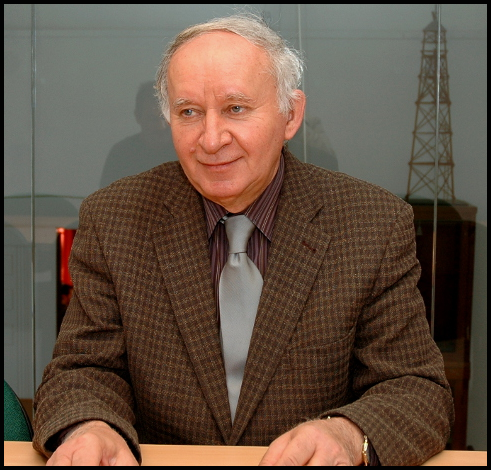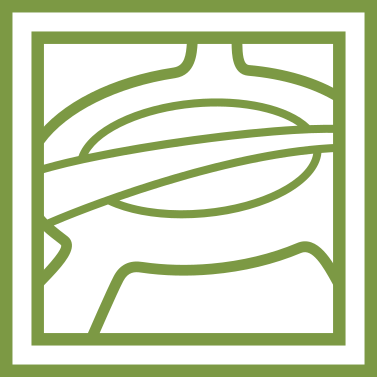2023. február 24.
We are deeply saddened to inform international scientific community that Prof. József Ádám, member of the Hungarian Academy of Sciences. president of the IAG National Committee and IAG National Representative, the former President of the COB/Member of the EC has passed away on December 29, 2022. Both the Hungarian and the international geodetic community has lost a remarkable scientist, an outstanding professor and a good friend.
 József Ádám was born in 1950 in Kocsér, a small village in Central Hungary. He was enchanted as a child by the work and the instruments of land surveyors, who were taking observations on the 3rd order geodetic control point in his home village. In the 1960s his teenage years coincided with the evolution of the space era. He read lots of articles about the artificial satellites, that also determined his future activities. He studied land surveying at the Technical University of Budapest (now Budapest University of Technology and Economics, BME) and earned his PhD in 1977 with the thesis „Determination of station coordinates using satellite laser ranging”.
József Ádám was born in 1950 in Kocsér, a small village in Central Hungary. He was enchanted as a child by the work and the instruments of land surveyors, who were taking observations on the 3rd order geodetic control point in his home village. In the 1960s his teenage years coincided with the evolution of the space era. He read lots of articles about the artificial satellites, that also determined his future activities. He studied land surveying at the Technical University of Budapest (now Budapest University of Technology and Economics, BME) and earned his PhD in 1977 with the thesis „Determination of station coordinates using satellite laser ranging”.
He started his professional career in 1974 at the Satellite Geodetic Observatory of the Institute of Geodesy, Cartography and Remote Sensing in Hungary. He started to work on the application of the emerging satellite geodetic observation techniques in the development and refinement of geodetic networks. The datum transformation parameters between the Hungarian Datum 1972 and WGS-72 as well as WGS-84 were determined by him using Doppler and GPS observations, respectively. Later he joined to the research group studying VLBI and space-VLBI techniques. He has held an Alexander von Humboldt Fellowship in Stuttgart in 1985 and a research associate position in the late 1980s at the Ohio State University, where he did fundamental research in the geodetic applications of space VLBI observations and wrote his well-known work „Estimability of geodetic parameters from space VLBI observables”. In 1995 he held a research associate position at The Observatoire de Paris, too.
He was continuously active in teaching even during this period. He was the lecturer of Geodetic Control Networks and Satellite Geodesy at BME. In 1992 he earned his DSc in Geodesy at the Hungarian Academy of Sciences and was appointed as professor to the Department of Geodesy at BME. He taught several generations of land surveyors and geodesists in the next more than 30 years.
His research activities focused on the application of satellite geodetic techniques in the establishment and maintenance of geodetic control networks, on geoid determination as well as on the development of continental and international reference frames. The Hungarian Academy of Sciences appointed him as a corresponding member in 1998 and as a regular member at 2004. He was a very enthusiastic member of the HAS, acted as vice president and later president of the Department of Earth Sciences for 6-6 years. As the member of the HAS he turned his interest into the history of earth sciences and technology as well as into the conservation and further development of the Hungarian technical and scientific language.
He was also active in the international geodetic community. He served as the Hungarian National Representative of the IAG since 1991, as the chairman of the IAG Special Study Group 2.109 (Application of Space VLBI in the Field of Astrometry and Geodynamics) and as the president of its Communication and Outreach Branch between 2003-2019. He was a member of the IUGG Working Group of History (2014‐2019) and the Member of the IUGG Permanent Council (2015-2019). He organized several IAG conferences in Budapest, such as the 3rd EUREF Symposium in 1993; the 2nd Continental Workshop on the Geoid in Europe in 1998; the IAG Scientific Assembly in 2001 and the IAG International Geoid School at 2005. He was the convenor and/or co‐convenor of IUGG union and Inter‐Association Symposia in 2011, 2015 as well as in 2019 as well as the Fellow of the IAG since 1995.
Due to his long-term commitment to advancing geodetic research as well as to the promotion of international geodetic cooperation, the Bayerische Akademie der Wissenschaften elected him as the corresponding member of the German Geodetic Commission in 2001, while he became the member of the Leibniz Society of Sciences at Berlin in 2021.
He was devoted to the science of geodesy and to serving the geodetic community both on the international and on the national level. He was an appreciated member of the geodetic community due to his knowledge, his deliberate and patient personality and positive, supporting attitude. May he rest in peace!
Szabolcs Rózsa
